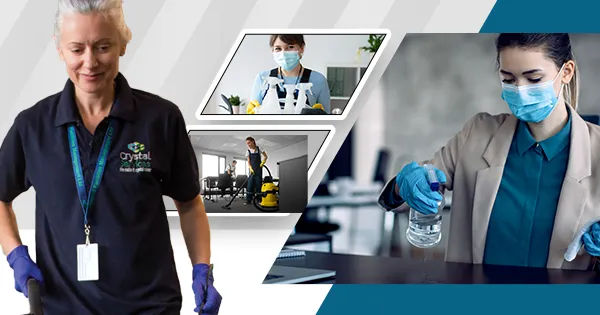Introduction
Maintaining a clean and hygienic office environment is more important than ever. With illnesses easily spreading through shared spaces, professional office cleaning plays a critical role in safeguarding employee health and maintaining productivity.
The Role of Professional Office Cleaners
Professional cleaners are trained to target high-touch areas and hidden dirt traps, using industry-approved techniques and cleaning products. Their systematic approach reduces the buildup of germs and bacteria that contribute to illnesses such as colds, flu, and stomach bugs.
Targeting Germ Hotspots
Doorknobs, elevator buttons, shared keyboards, and kitchen appliances are some of the most touched surfaces in any workplace. Office cleaning services ensure these hotspots are disinfected thoroughly and regularly, reducing the chance of cross-contamination among staff.
Improved Air Quality and Hygiene
Dust and airborne particles can exacerbate respiratory problems and trigger allergies. Professional cleaning teams vacuum carpets, sanitise air vents, and use HEPA filters to maintain indoor air quality, creating a safer workspace for everyone.
Disinfection as a Preventive Measure
In addition to routine cleaning, targeted disinfection has become essential in modern workplaces. Disinfection cleaning services use medical-grade solutions to neutralise harmful pathogens on surfaces, helping to prevent outbreaks and keeping the workforce healthy.
Supporting Employee Wellbeing and Morale
A clean office isn’t just about appearance—it directly influences how employees feel and perform. Knowing their workspace is being professionally cleaned gives staff peace of mind, reducing stress and encouraging higher engagement.
Conclusion
Illnesses spread quickly in enclosed environments, but with the right professional support, you can minimise risks and create a healthier, more productive workplace. Investing in experienced office and disinfection cleaning services is a proactive step toward safeguarding your team and business continuity.


